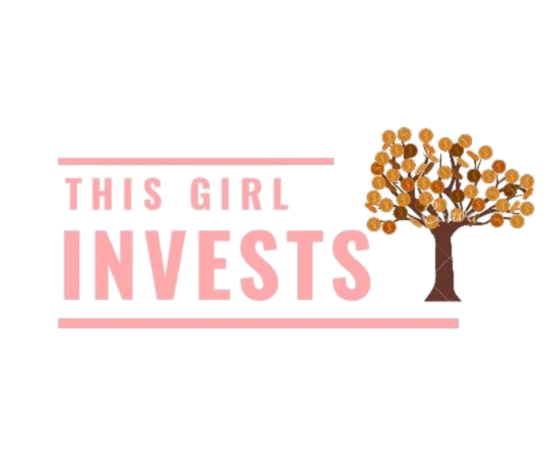Have you noticed your finances impacting your wellbeing?
Ugh – Finances, can’t bear to think about them. Hate checking my bank account. Don’t know where to start investing.
Have you noticed your finances impacting your wellbeing?
Know you’re not alone. Below I’ll outline what is causing this feeling and why it leads to women being worst off financially than men:
(i) Perfectionism
A lot of women tell themselves they’re ‘bad at maths’ and will ‘never understand finance’.
This is part of the confidence issue women face. I've spent hours finding out why more women are not taking control of their finances and investing and it boils down to the tendency to be perfectionists and hence, women feel uncomfortable making decisions without understanding everything and are susceptible to analysis paralysis. Analysis paralysis is when you are in the process of making a financial decision but don’t in the end because you’ve become paralysed by the options available (sounds familiar - Insurance? Investments?)
(ii) Risk-averse
Women are actually really good handling their money and saving. However, this need to know everything perfectly leads to women being more risk-averse. Therefore, women save more rather than invest. This ends up impacting how hard their money is working for them. Long-term returns for savings accounts are terrible in comparison to investing in the stock market.
Investing £1,000 in the stock market during the Global Financial Crisis of 2008 would have grown into £2,915 by 2019– that is almost 3x!
As women avoid investing they are losing out on returns that would grow the value of their money. It should also be noted that the value of cash reduces by 2% year on year as it is susceptible to inflation.
In behavioural finance there is also the concept of ‘loss aversion’ whereby we are more motivated by the aim to avoid losses than to move towards gains. Therefore, the first blocker of investing is being OK with the idea of losing the money – the chances of losing all your money investing (if done correctly and diversifying!) is actually quite difficult! There are investments you can pick that are less risky to start with like bonds or index funds.
(iii) Gender Pay Gap
It would be wrong to write an article about financial wellbeing and not address the elephant in the room. Women tend to earn less and take more career breaks (for childbirth or taking care of aging parents). This means women end up with a lower pension pot despite the fact that women live longer than men! Therefore, there is a risk women end up in poverty later in life if they don't make smart financial decisions early. Lack of understanding of financial matters also means that when it comes to divorce or a spouse passing away, it can be a particularly stressful time.
So how can we fix this?
(i) Educate yourself – this will help increase confidence
Read financial books – you can see my favourite ones here.
Listen to financial podcasts such as Meaningful Money or So Money
Follow @thisgirlinvests for more jargon-free investment education and attend a Sunday Session
(ii) Plan for your future – start by creating a zero based budget for yourself
Consider using Yolt to see where your money is going, to create a budget and track against it or a prepaid card (like Monzo or Starling) so all your spending is limited and categorized. You can transfer X amount at the beginning of the month and try living off that.
Start investing consistently on a monthly basis (provided you have no high interest debt, in which case, prioritise those) by using Roboadvisors such as Moneyfarm, Nutmeg or Wealthsimple. You can start from as little as £25.
(iii) Have a financial cushion – start building an emergency fund
In order to reduce the stress of having more month left than money, start considering building an ‘emergency fund’ which you can use if anything urgent pops up and you need the cash (instead of a credit card) or if you lose your job. It usually consists of 3-6 months of expenses.
